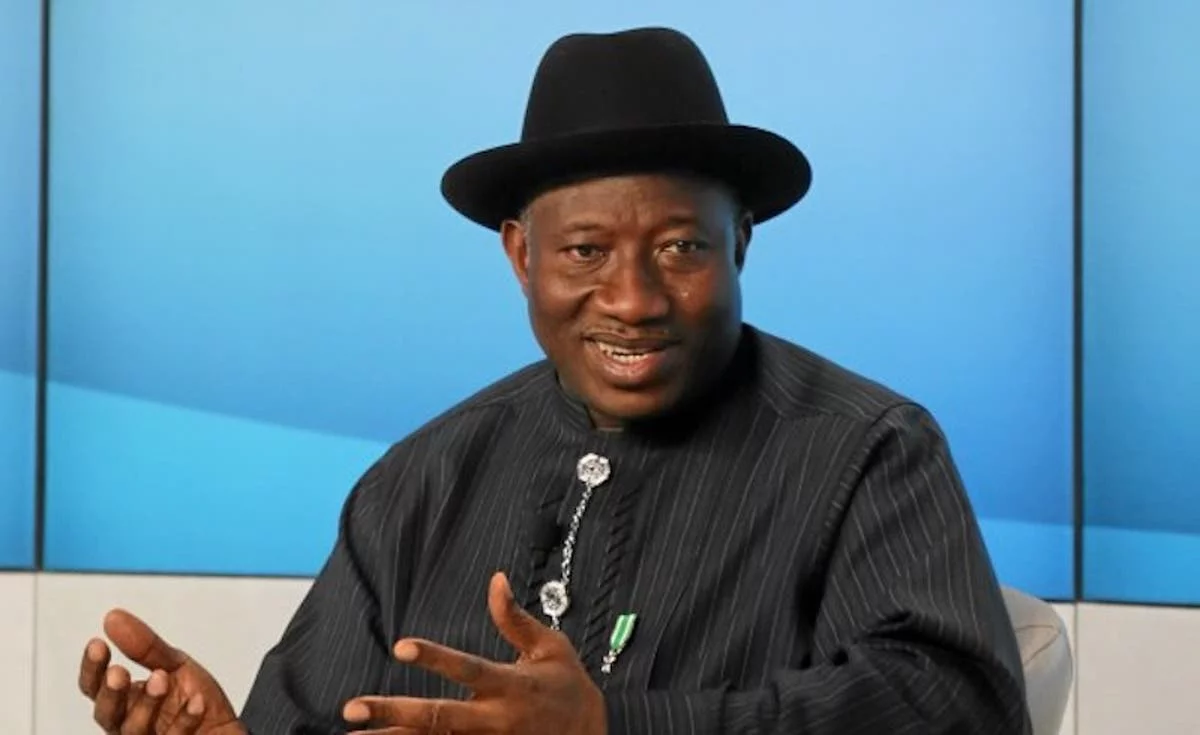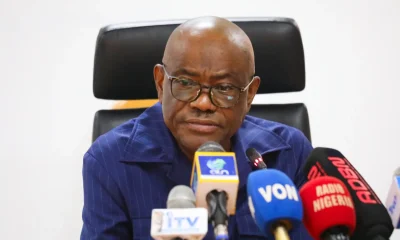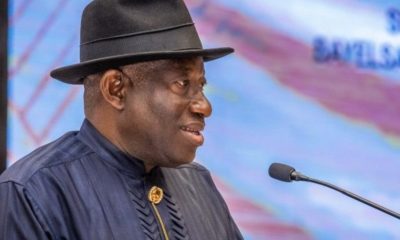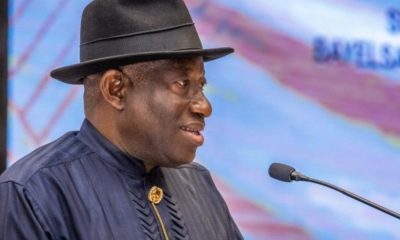NEWS
Jonathan Warns of Electoral Threats to African Democracy

In a powerful address at the 2025 Goodluck Jonathan Foundation (GJF) democracy dialogue in Accra, Ghana, former Nigerian President Goodluck Jonathan delivered a stark warning about the fragility of democracy across Africa. He identified electoral manipulation as one of the most significant threats to the continent’s political stability, cautioning that when democracy fails to deliver on the expectations of its people, it can breed desperation and create fertile ground for authoritarianism. Jonathan’s remarks carry particular weight, given his well-regarded role as an elder statesman and his personal legacy of a peaceful transfer of power in Nigeria, which has since set a precedent for democratic conduct in the region.
The GJF, an organization founded by Jonathan in 2015, is dedicated to advancing peace, prosperity, and democratic governance across Africa. Its democracy dialogues are a key platform for stakeholders to discuss solutions to the continent’s pressing challenges. According to Dependable NG, Jonathan’s message was a clarion call for a fundamental reassessment of African democratic systems. He stressed that a democracy that fails to secure a better future for its children and does not ensure their voices are heard is a democracy at risk. His speech highlighted a growing sentiment across the continent that political processes need to be urgently reformed to work for the people, not against them. “We in Africa must begin to look at our democracy and rethink it in a way that works well for us and our people. One of the problems is our electoral system,” he said.
Jonathan’s warning is not just theoretical; it is grounded in the lived realities of many African nations. The continent has seen a rise in political instability fueled by disputed elections and a general loss of faith in the democratic process. Examples of electoral manipulation range from outright ballot box stuffing and voter intimidation to more sophisticated methods like the abuse of state resources by incumbents to gain an unfair advantage. In recent years, public discontent with corrupt and ineffective governance has reached a boiling point in several countries, leading to a series of military coups. The military takeover in Gabon, for instance, followed a widely criticized election and was met with public jubilation, a powerful illustration of the deep-seated frustration with democratic systems that are perceived as being manipulated to serve the interests of a select few.
The former Nigerian leader has a unique standing to make these pronouncements. Since leaving office, he has become a revered international figure, leading numerous election observation missions for organizations like the African Union and the Commonwealth in countries such as Zambia, Liberia, and Tanzania. His historic concession in the 2015 Nigerian presidential election, the first time a sitting president in Nigeria had done so, is widely celebrated as a pivotal moment that saved the country from potential post-election violence. This act cemented his reputation as a champion of electoral integrity and the rule of law. His current advocacy for reforms is an extension of this legacy, urging leaders to prioritize the sanctity of the ballot box and the will of the people above all else.
To address the threats Jonathan highlighted, experts and organizations, including the GJF, are calling for comprehensive electoral reforms. These include strengthening the independence and impartiality of electoral commissions, implementing and enforcing laws that curb the use of state funds for political campaigns, and enhancing the use of technology for voter registration and result transmission to boost transparency. The ultimate success of these reforms, however, will depend on the political will of African leaders to prioritize national interest over personal ambition. As Jonathan’s address in Accra made clear, the future of democracy in Africa hangs in the balance, and it is up to all stakeholders to come together and ensure that the continent’s political systems are truly reflective of its peoples’ aspirations for peace, prosperity, and justice.






